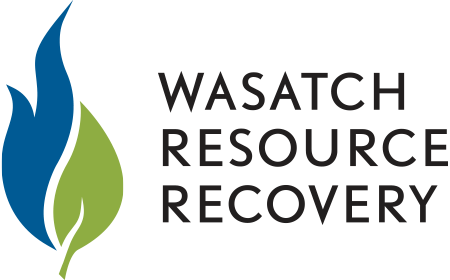Case Study – Harmons Grocery’s Vision for Sustainability Drives Food Waste Diversion Efforts
 There are myriad things to consider when assessing a grocery store chain’s environmental impact. A comprehensive sustainability plan takes into consideration everything from environmentally friendly packaging, to energy conservation, to alternative fuel delivery vehicles. However, according to Kate Whitbeck, Harmons Grocery sustainability director, the locally owned and operated grocery chain chose waste reduction and diversion as a top priority early in their sustainability planning because it is an action that has the potential to yield measurable and impactful results.
There are myriad things to consider when assessing a grocery store chain’s environmental impact. A comprehensive sustainability plan takes into consideration everything from environmentally friendly packaging, to energy conservation, to alternative fuel delivery vehicles. However, according to Kate Whitbeck, Harmons Grocery sustainability director, the locally owned and operated grocery chain chose waste reduction and diversion as a top priority early in their sustainability planning because it is an action that has the potential to yield measurable and impactful results.
“Turning our food waste into a renewable fuel helps us honor our commitment to be good stewards of the environment and community, while helping us reduce our carbon footprint.” – Kate Whitbeck; Sustainability Director
Currently, Wasatch Resource Recovery receives roughly 200 tons of food waste from 15 Harmons Grocery Stores every month. The food waste consists largely of fruit and vegetable scraps, meat, dairy and oil, as well as, baked, prepared, and packaged foods. This landfill diversion effort results in the production of enough renewable natural gas to heat 284 homes for a month.
This type of impact requires an action plan that is well aligned with the company’s sustainability vision. Fortunately, Harmons has a strong foundation on which to build because, as Chairman Bob Harmon puts it, “At Harmons, our commitment to a sustainable future is part of being a good neighbor. Caring for the environment ensures our world will remain a safe and healthy place for our associates, our community, and future generations.” To follow through on this commitment, and in an effort to maximize their environmental impact, Harmons has developed a training program for associates with the goal of: 1. Educating their employees on the procedures necessary to separate their stores’ food waste from the trash stream; and 2. Informing staff members about how these efforts benefit the larger community. Harmons works hard to create shared values among their staff which they believe, in turn, helps to ensure that employees will take ownership over the company’s sustainability efforts.
Harmons is a critical partner for Wasatch Resource Recovery in the organization’s quest to produce pipeline grade renewable natural gas – a key pillar in the drive to produce fuel from renewable sources. As Kate says, “Turning food waste into a renewable fuel helps us honor our commitment to be good stewards of the environment and community, while helping us reduce our carbon footprint.” We couldn’t agree more!


